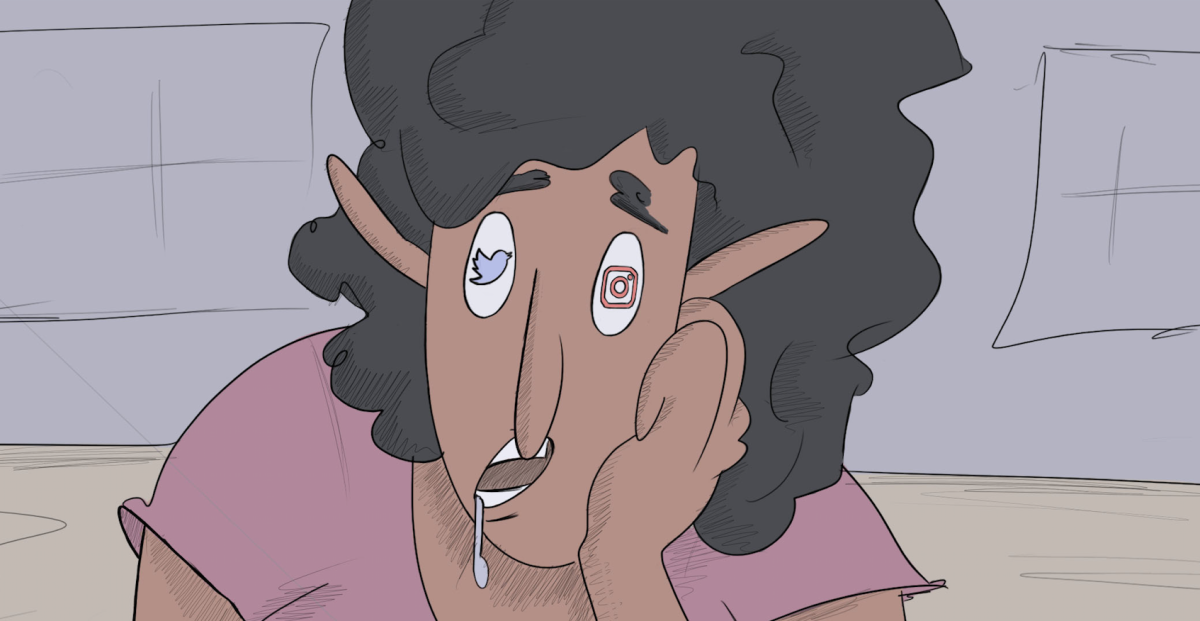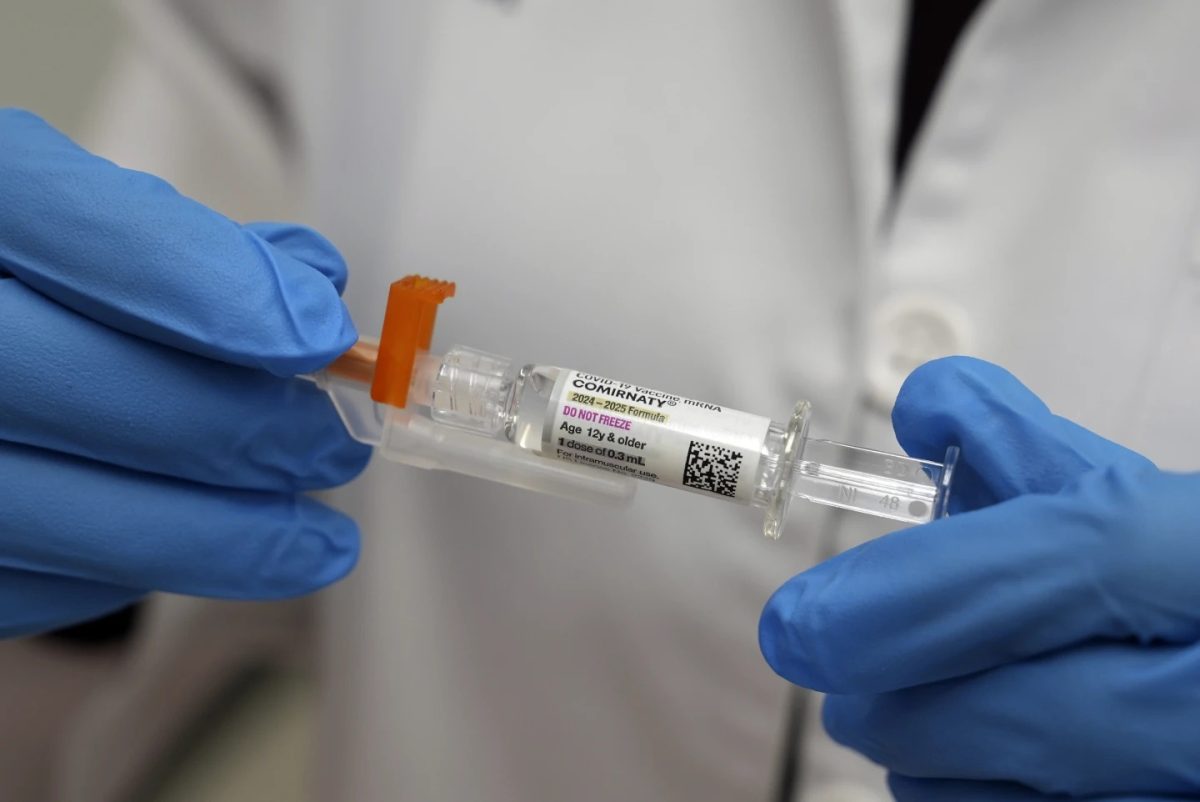Every second, 11 people join the fascinating world of social media for the first time. That’s almost a million people a day. More than 3 billion people use social media every month — 42 percent of the total global population. In the U.S., the percentage is even larger, with 71 percent of the U.S. population using social media monthly. Needless to say, social media is important.
Social media is also incredibly harmful. I will be the first one to admit social media can have positive effects, such as the spread of pertinent world issues. However, the impact it has on our emotional and mental health cannot be ignored.
Last year, Apple rolled out its Screen Time feature for iPhones, a feature that averages the amount of time the user spent on his or her device daily and reports it to the user at the end of the week. The feature is incredible, but it also calls for a bit of introspection for those of us who like social media too much.
My own screen time app was telling me I was spending six to seven hours a day on my device. It didn’t bother me for a while, but as I kept seeing the notification, it disgusted me. Seven hours a day? What else could I do with that time? That’s an entire work-shift for crying out loud. I resolved to delete my apps in January. I finally bit the bullet three weeks ago. And while I feel a little disconnected, I feel great.
In 2018, Americans spent more than 11 hours a day interacting with media. That’s almost half a day. When Instagram and Facebook went down last week, instead of doing something else productive, most users flocked to another social media site. If that’s not a sign of addiction, I’m not sure what is.
When considering the harmful effects of social media, the amount of time we spend on it needs to be reconsidered. There’s no way to make 11 hours reasonable, especially because of the toll social media has on us.
In a study published by the Public Library of Science, researchers found that Facebook, the most popular social media platform, was linked to both less moment-to-moment happiness and less life satisfaction. The more use of the site, the lower those two variables were. One possible reason for these effects is the unrealistic expectations society gives us. Social media is rarely, if ever, real.
In another study published by the American Journal of Preventive Medicine, researchers found that use of 11 of the most popular social media sites had a direct correlation with greater feelings of social isolation. Social isolation is one of the worst things for our mental and physical health.
Social media is certainly an incredible phenomenon. One incredibly fascinating aspect of it is the fact that it’s an entire market. However, it has downsides that shouldn’t be ignored. I’m not saying we should all collectively quit social media. However, next time you’re feeling drained, upset or a host of negative emotions because of social media, consider taking a break.
Maya Stevenson is a 19-year-old English and economics sophomore from Baton Rouge, Louisiana.
Opinion: Disconnect from social media for a better life, clearer mind
April 3, 2019
cartoon







